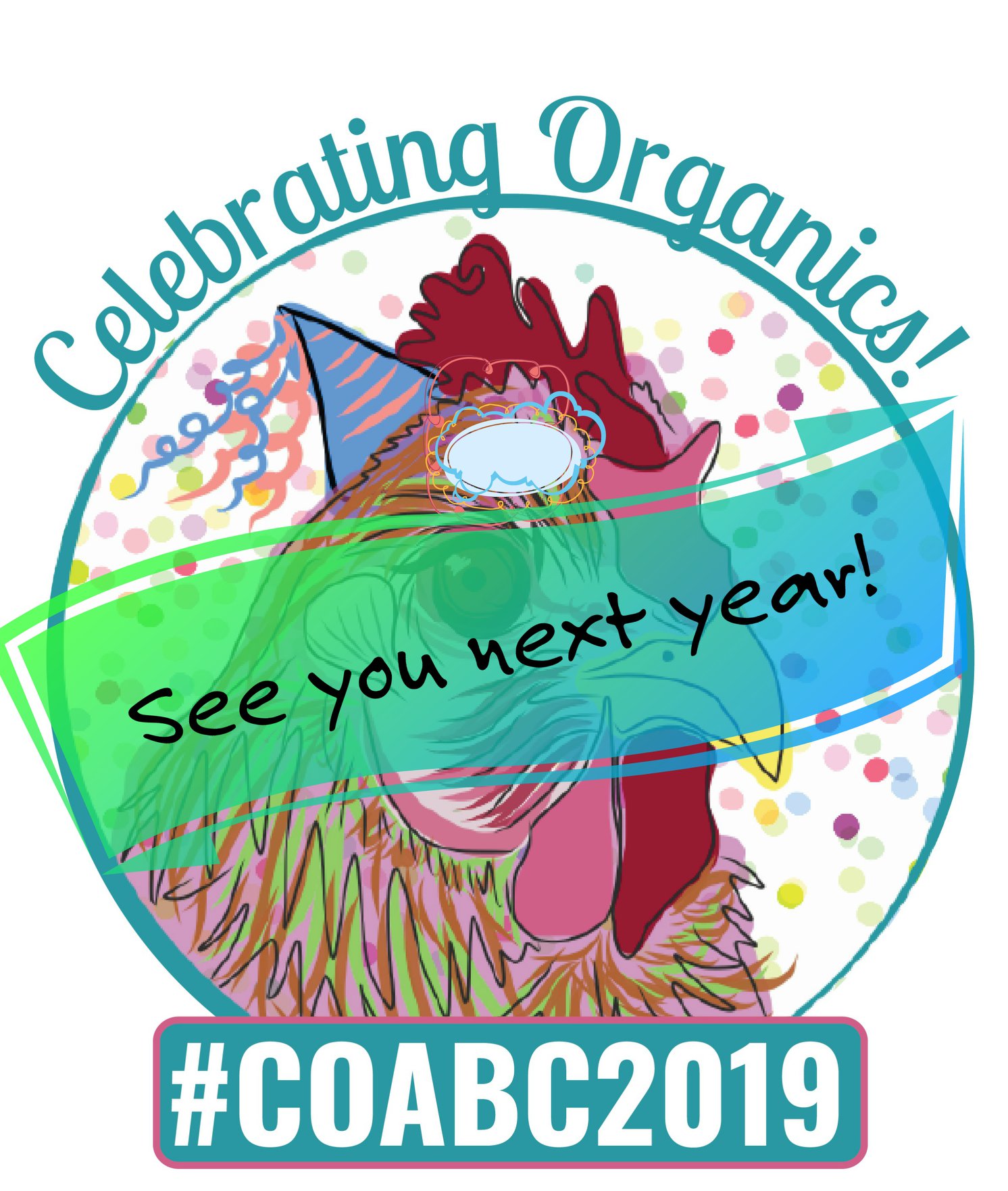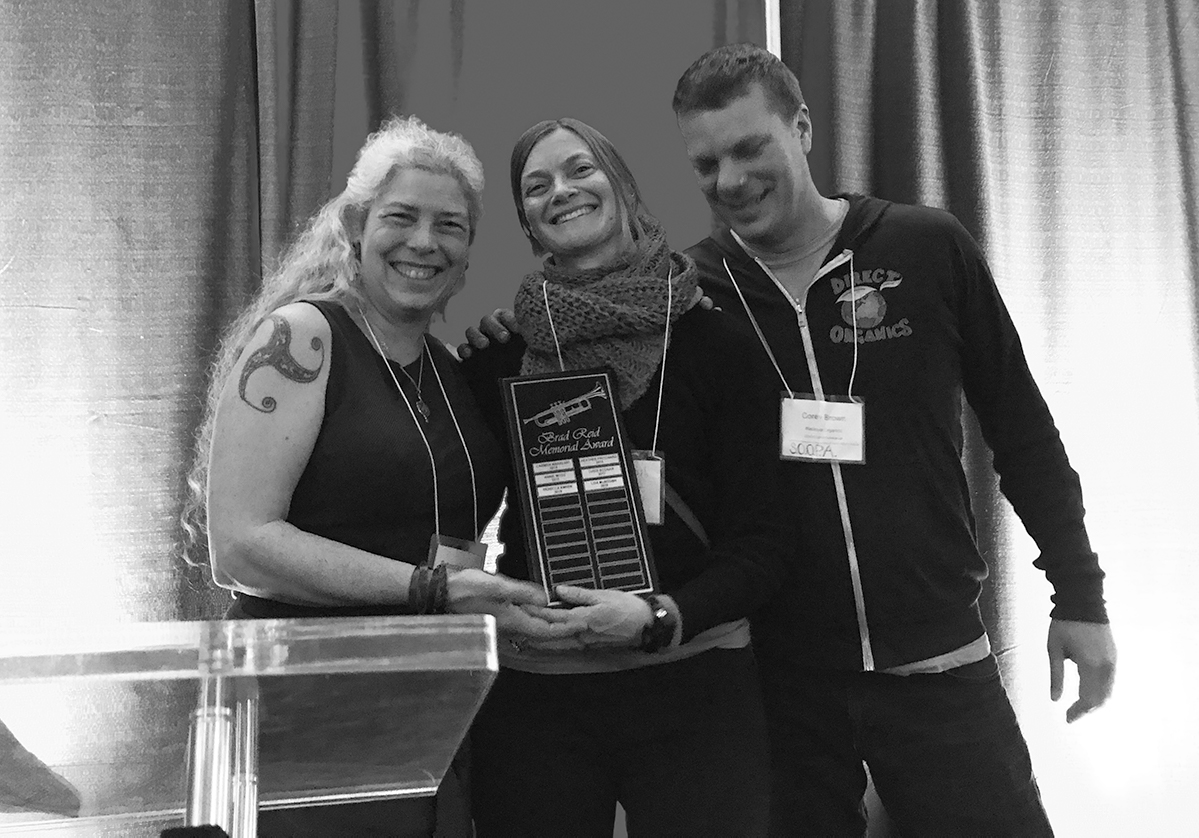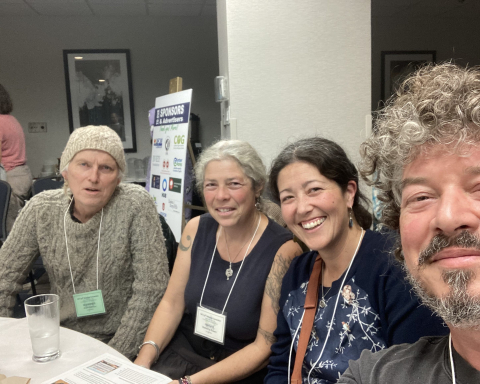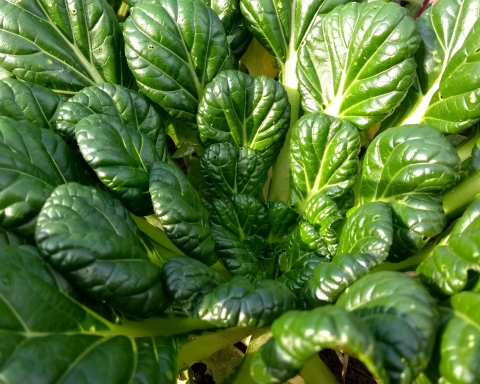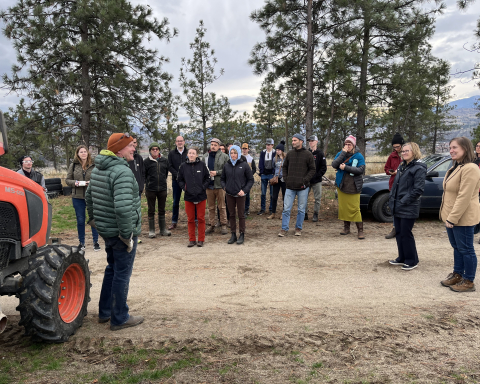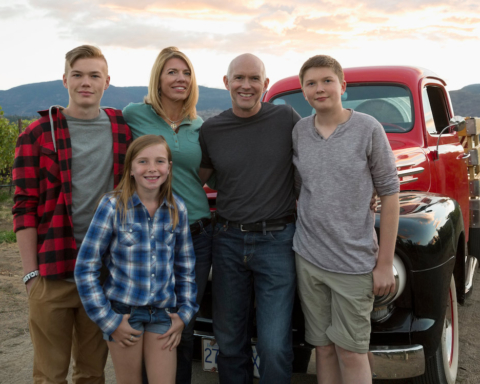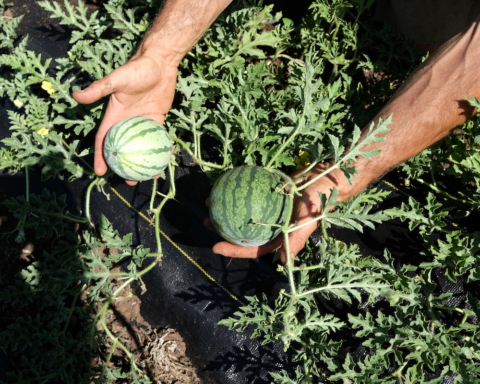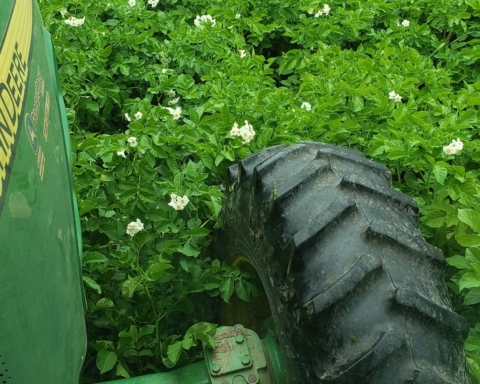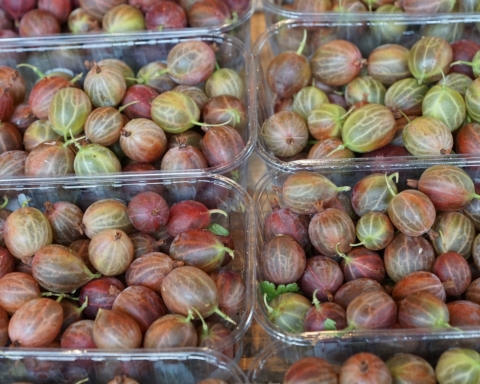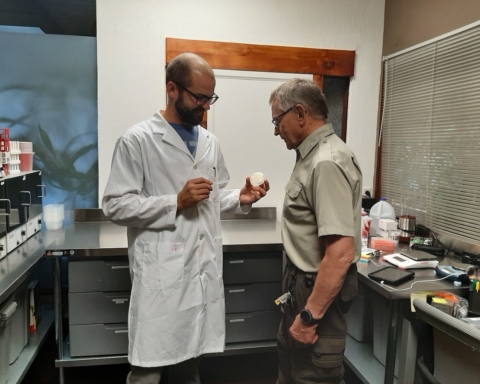Stacey Santos
One snowy Sunday morning in Vernon, I found myself contemplating a selection of bolt guns. I listened as a panel of organic farmers explained their uses, their modifications, and the proper way to ensure an ethical death. You only have one chance to learn how to do it right and do it properly.
It was an unusual weekend morning for sure, but particularly for me. As a long-time vegetarian and the kind of person who can’t willingly kill a mosquito, I never imagined I’d be part of a discussion on on-farm slaughter. Or that I’d be engrossed, not grossed out. Or that one of my most burning questions would be answered: How can we raise animals, create a relationship with them, and then kill them?
One of the presenters, Rebecca Kneen, said, “We have an ethical and dynamic relationship with livestock. They’ve been bred over thousands of years to depend on us. Look at it as an intergenerational bargain we’re having with these species. We must provide them with a good life and a good death in exchange for being able to use their products. Figuring out how to do it well is critical and I prefer to control all aspects of that process.”
A well thought out answer, and a fine balance of science and heart.
That’s the thing about the COABC conference—and the organic sector as a whole. No matter what aspect of organics is being discussed, the passion and dedication is contagious. I’ve never met such an engaged bunch of people. And the knowledge, well, it’s off the charts. You’ll find yourself rethinking past notions, exploring new ideas, and, keeping in tune with this year’s theme, “Celebrating Organics,” having a great time doing it!
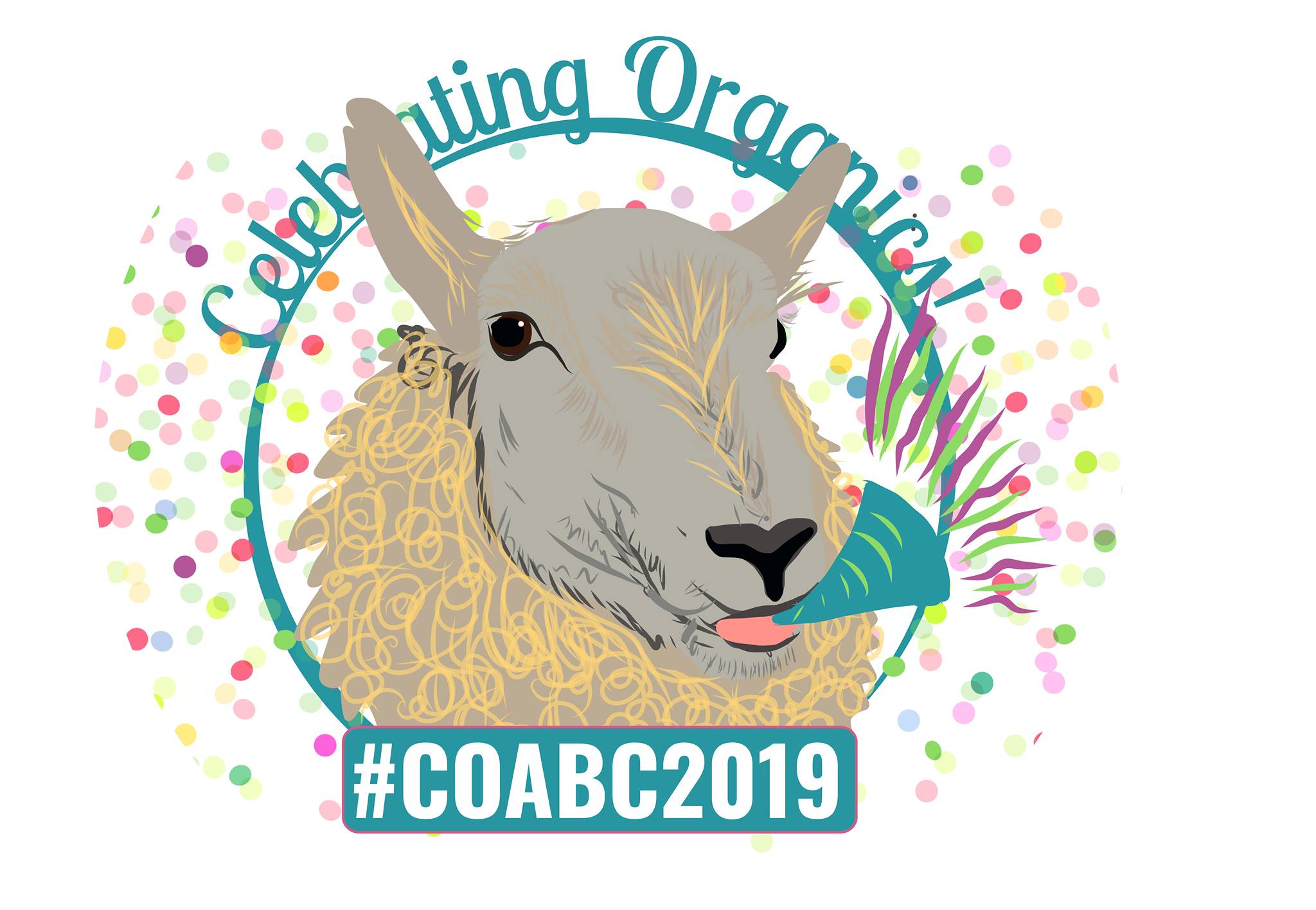
This undercurrent was woven throughout the entire COABC conference weekend. With 18 workshops on an incredible array of organic topics plus many other formal and informal information-sharing and social sessions, it was a weekend to remember!
Growing the Organic Sector
The keynote this year was a plenary-style panel featuring Rebecca Harbut, Andrea Gunner, and Rob Borsato, moderated by Rebecca Kneen. As is typical with plenary sessions, each panelist contributed their own unique views on everything from marketing to research to the principles of organics. It was a spirited discussion with many important points:
- A true consumer appreciation for organics is still a ways away
- The organic community needs to advocate more effectively and help the public understand the bigger picture
- Organic growers and researchers need to collaborate to co-create knowledge and allow it to be something meaningful and valuable that harnesses everyone’s expertise
- When it comes to organic farming, complexity doesn’t mean nonsense—it means complexity
What it boils down to is many individuals spreading the word! So join the listserv, get involved with your Certification Bodies and get out in the community. The more involved we are the more excited and educated people will be about organics!
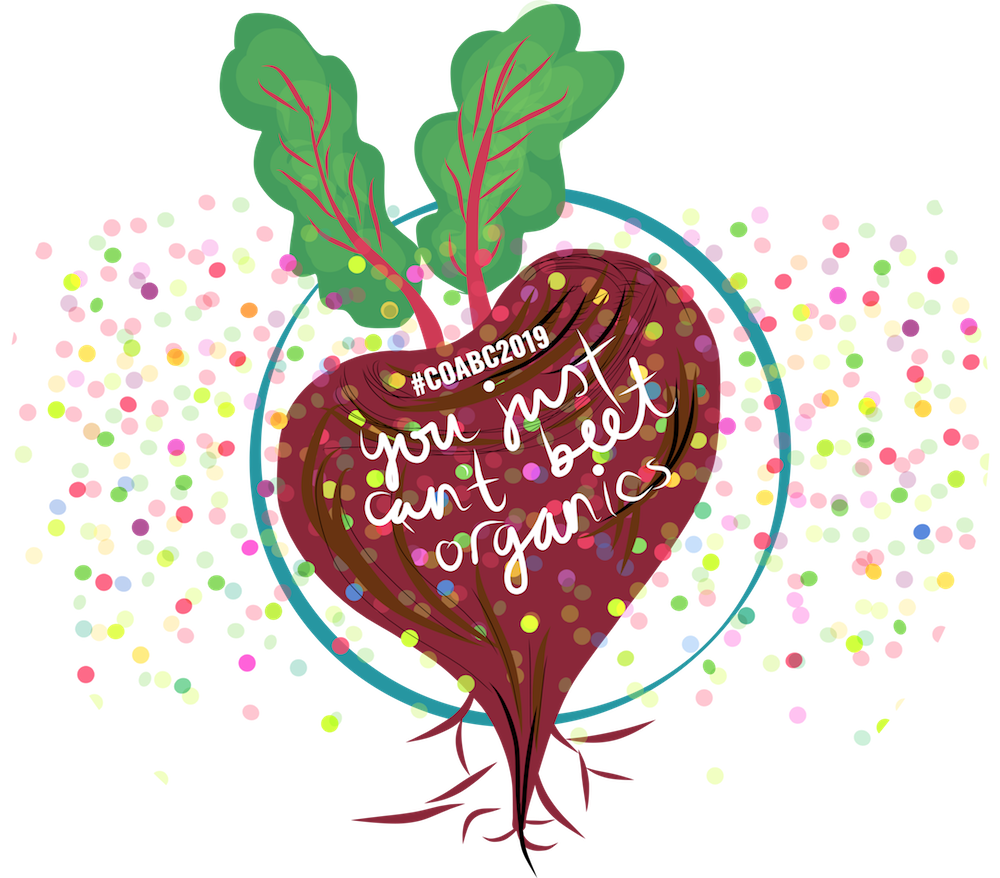
Basics and Beyond
The hardest part of the COABC conference is picking which sessions to attend. Some conference-goers bounced between workshops to take in as much as possible, while others, such as myself, picked one that stood out and stuck with it.
As a newbie to the world of organic farming, I knew for sure I wanted to attend the Organic Standards Bootcamp with Dr. DeLisa Lewis and Dr. Renee Prasad. There were many other fresh faces there (many new to organics and even more to the conference itself), but the room was also packed with folks looking to get back to the basics and refresh their knowledge.
The session outlined the recent introduction of the mandatory organic regulations, walked through the certification process and highlighted the many toolkits available to both new and existing farmers. We were all given a chance to test our knowledge with “simple” questions, but quickly realized that when we applied the organic standard, the questions weren’t so simple after all! There are many tools available, so the trick is to invest the time to find and understand them.
Many of the other sessions involved a more in-depth look at organics, with topics that included climate change, regenerative agriculture, marketing, intercropping, management-intensive grazing, weed control, financial management, policies, animal welfare, human rights, and much, much more. There was so much to be learned on so many levels, and thanks to regular—and generous—snack breaks, we all left with our brains and stomachs full.
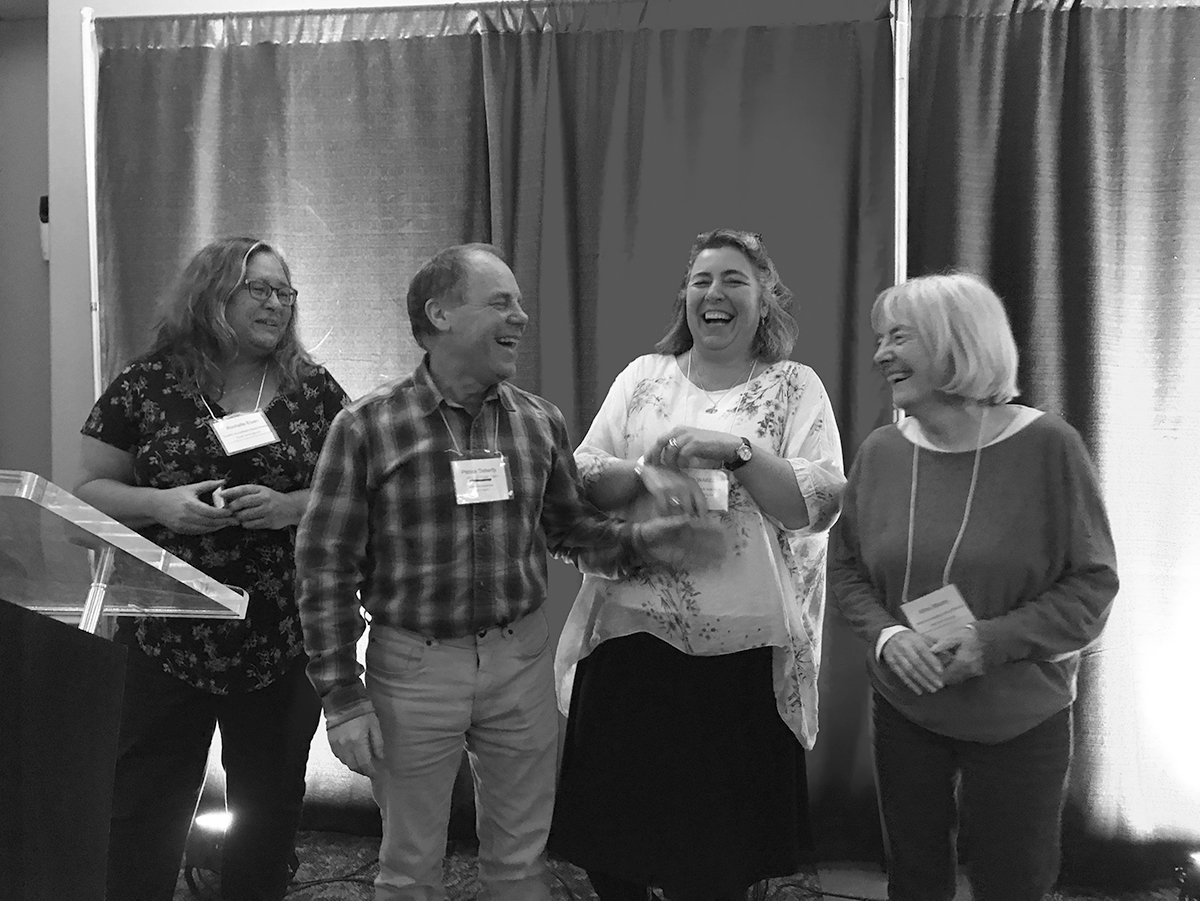
The Award Goes To…
Congratulations to this year’s award winners! Lisa McIntosh of Urban Harvest Organic Delivery was the recipient of the Brad Reid Award, which honours an innovative leader who has strengthened the organic community by moving the sector forward. Anne Macey and Rochelle Eisen took
home the Bedrock Award, which is a brand-new award given to a person (or persons) for their work on the foundations of organics.
Moving Forward
Before the AGM kicked off on Sunday, Michelle Tsutsumi and Rebecca Kneen wrapped up the conference by summarizing the ideas gathered at Friday’s Open Space session. Then, with an army of flip charts by their sides, they opened up the conversation and invited everyone to comment on the challenges and opportunities faced by the organic sector. Some of the main takeaways were:
Staying connected: overcoming isolation/geography by building networks that carry beyond the conference
Strengthening the organization by offering educational workshops in your own communities
Increasing brand recognition through the use of the Checkmark logo
Building relationships with non-organic farmers and producers and inviting others to learn about organics
Mentorship: transferring knowledge both inside and out of the organization
Thank You!
A big thanks to Samantha Graham for organizing this incredible event, Natalie Forstbauer for putting together a hugely successful silent auction, and MC Jordan Marr for keeping the program flowing and the laughs rolling. And also to the event sponsors, volunteers, hotel staff, and food donors for contributing to this amazing weekend. We couldn’t have done it without any of you!
And another round of thanks to everyone who attended for being so welcoming, so helpful and so open to sharing your knowledge and exploring new ideas. The organic community is an incredible one and I look forward to seeing what we can accomplish in the coming year!
